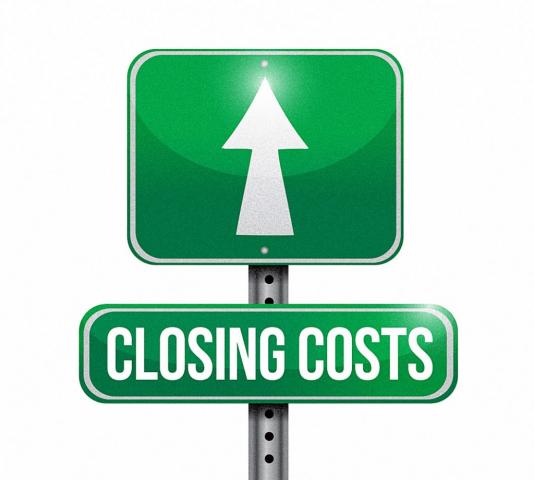
—
Whether a first time buyer or refinancing a balance, closing costs can send shock waves to any borrower. Though the closing can occur in as little as one hour, fees for this event begin to generate before the closings even gone to contract. Jason Hadrava with Titan Title & Closing LLC said “the customers should be aware of the standard charges to ensure one is not blind sighted, and can ask the practical questions when comparing lenders”. While closing costs have generated sheer disbelief, one shouldn’t be in too much shock at the actual closing. The law demands that lenders provide a “Good Faith Estimate” within 3 days prior to the event. Here are some of the costs that one may see listed.
Contract Fee/Points – Many lenders charge origination fees, known as points, but also offer no point interest rate options. An easy calculation will help a customer decide which is better: Take the dollar amount of the points the clients are paying and divide by the difference in payment between the zero point option and the option the buyers are considering. The result will be the breakeven point in months. If the buyer anticipate being in the home at least this long, pay the points; otherwise choose the no point option.
Broker Fee – Broker fees are sometimes listed under origination fees, and can include processing fees. Make sure to clearly understand how much is being charged by the wholesale lender and how much is charged by the broker. Buyer can usually save money on closing costs by going to the lender directly.
Credit Report – The lender will review customers credit history and collect this fee up front. The credit report normally runs between $21 and $60.
Appraisal fee- Collected up front from the lender and usually non-refundable, even if the customers are turned down , or choose another lender/property. Fees will vary, depending on the value of the home. The combined cost of the credit report and appraisal fee is usually in application fee. Beware of lenders who do not apply application fee to the cost of the appraisal and credit report or attempt to collect other fees at the time of the application.
Appraisal Review Fee – This is charged occasionally and can run from $75 to $150. Some lenders routinely review appraisals as a quality control procedure, especially on higher valued properties.
Title search – The lender will not grant a financing unless one can prove that the seller owns the house clients are buying. To do so, one needs to perform a title search.
Title insurance- The lender’s title policy insures his interest against loss due to title defects not discovered at the time of the sale, but offers no protection to customer. An owner’s policy (most title agencies will provide this automatically) will protect customer against title defects. A title exam isn’t foolproof and can spend a lot of money trying to clear this up after the fact.
Pre-paid Interest – Payments are usually due on the first of each month. Since contracts can close on any day, a certain amount of interest must be paid at closing to pay up to the first.
Homeowner’s Insurance – The new home owners normally pay the first years insurance at closing when buying a home. If buying a condominium, Homeowners’ Association Fees may cover this insurance. Flood
Certification Fee – Lenders must determine whether property is located in a federally designated flood zone. This is a fee usually charged by an independent service.
Flood Monitoring – Occasionally flood zones are re-mapped and lenders charge this fee to maintain monitoring on whether it affects property Tax Service Fee – Since property tax liens sometimes take precedence, the lender may pay an independent service to monitor property tax payments. This fee usually runs between $70 and $80.
Underwriting Fee – It is difficult to determine the exact cost of underwriting a contract since the underwriter is usually a paid staff member. This fee is usually in the neighborhood of $300 to $350.
Administration Fee – If an Administration fee is charged, there shouldn’t be an Underwriting Fee.
Wire Transfer Fee – Many bankers have switched to funding by wire, which provided an excellent opportunity to add a new fee to the list of closing costs.
The buyer may ask the seller to pay some of the closing costs. In reality, the buyers are financing them since they will likely pay more for the property than if buyers were paying their own costs. Here are a few simple rules (which may vary by location). On conventional side of contract the buyers can only ask the seller to pay non-recurring costs, such as appraisal, broker fees, credit checks, tax service fees, and flood certification fees, but this does not include prepaid costs. If the buyers are putting ten percent down or more, the most the seller can contribute is six percent of the purchase price. If buyer is putting less down, the most the seller can contribute is three percent.
When shopping around for rates and costs, make sure shoppers are making accurate comparisons. Lenders often don’t include expenses that will have to lay out prior to closing when quoting rates. Be firm on how much one is willing to pay in points and how long someone wants to lock in the rate. Even better, get a referral from a friend and then take the best quote to see whether he will match it.
Release ID: 318962

